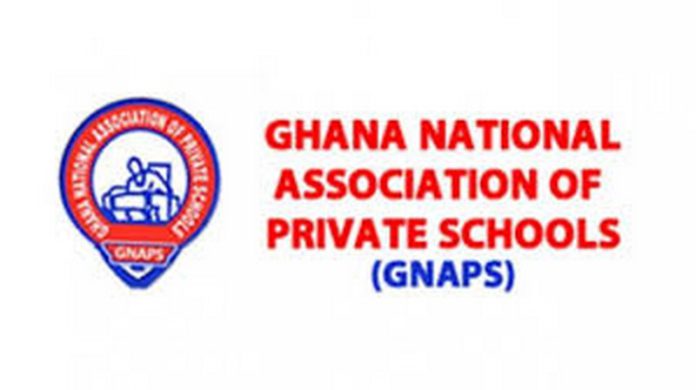
Upper West Regional Secretary of Ghana National Association of Private Schools (GNAPS), Alhaji Dasaana N. S. Adamu, says the long school closure due to the COVID-19 outbreak has posed a serious threat to the country’s educational sector.
He said the shutdown of schools could have a toll on the school children, communities and the country at large and derail the progress made in the sector.
Alhaji Adamu said this in a presentation at a training programme for a “Back-to-school” taskforce for the Wa West District at Wechaiu on Tuesday.
The 30 member taskforce was made up of representatives from GES, Department of Social Welfare, GNAPS, Civil Society Organisations, Traditional Authority and the Clergy, among others.
The taskforce was to sensitise communities and pre-tertiary school children on the need for them to return to school when school resumed.
It also highlighted the need for school girls who became pregnant to return to school after delivery.
The move formed part of a “Back-to-School Advocacy Campaign” being championed by the Girls’ Education Unit of the Ghana Education Service (GES) with support from UNICEF.
The training was also to disseminate the “Guidelines for Prevention of Pregnancy among School Girls and Facilitation of Re-entry into School after Childbirth”.
Alhaji Adamu noted that the COVID-19 pandemic had increased the disparities in access to education as some school children did not have the devices to access digital learning while others could not afford books or private teachers while at home.
According to him, the pandemic had also reduced access to essential services by the school children such as nutritious meals, as well as increased rate of teenage pregnancy among school girls.
He said families suffering poverty, illness, conflict, neglect and abuse among others affected the psychosocial well-being of the child.
“All children need psychosocial support for their psychological and emotional wellbeing as well as their physical and mental development,” Alhaji Adamu said.
Thus, he urged teachers and school authorities to support such children to stay in school through songs, drama and stories of interest.
He also entreated them to “provide the children with reliable, honest and age appropriate information on COVID-19”.
Mr Cosmos Nanyaa, a Representative from the Guidance and Counselling Unit of GES, Upper West Region, also said the COVID-19 pandemic had adversely affected the psychosocial well-being of school children and could affect their academic performance.
The pandemic could also lead to all forms of violence including Sexual and Gender Based Violence, domestic violence and corporal punishment, he said, with children being the most affected.
He stated that GES sought to address the psychosocial impact of COVID-19 on teachers and school children.
